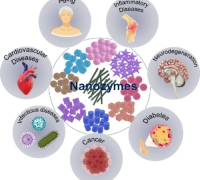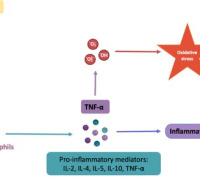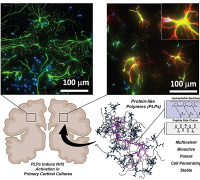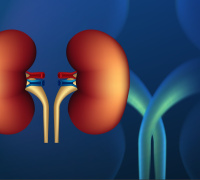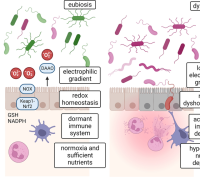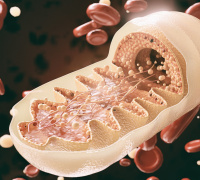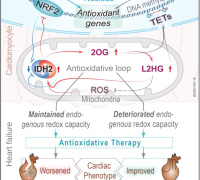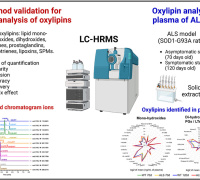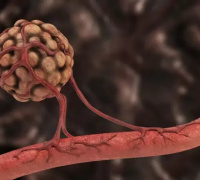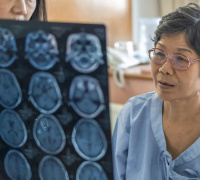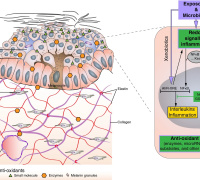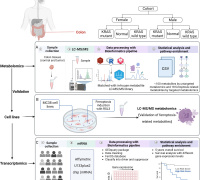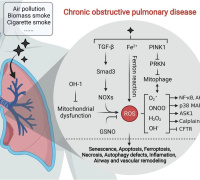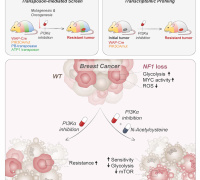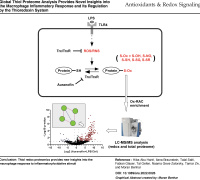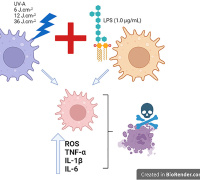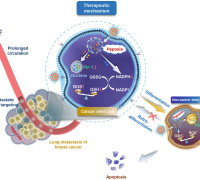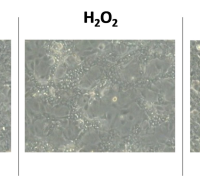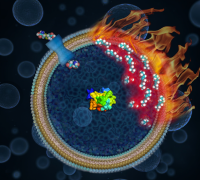Novel method facilitates study of oxidized lipids involved in neurodegenerative diseases
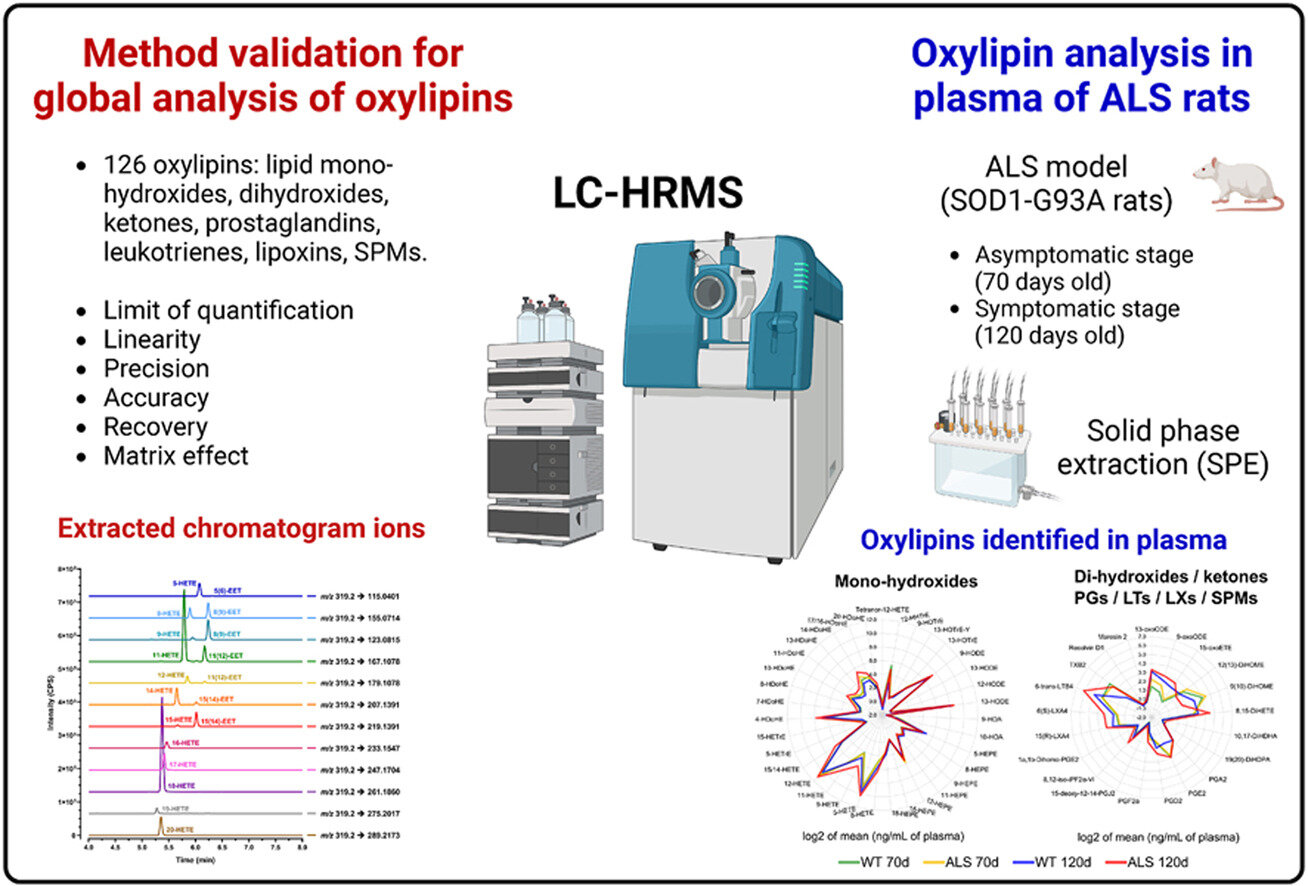
A paper has reported a significant advancement in the study of oxidized lipids related to neurodegenerative diseases. Researchers from the Center for Research on Redox Processes in Biomedicine (Redoxoma) in Brazil, led by Professor Sayuri Miyamoto, have developed a high-throughput method for analyzing oxylipins in the context of Amyotrophic Lateral Sclerosis (ALS).
Oxylipins, derived from the oxidation of polyunsaturated fatty acids, are known to be linked to oxidative stress, inflammation, and cell signaling, and are implicated in various neurodegenerative diseases including ALS.
The novel method, which combines liquid chromatography with high-resolution mass spectrometry, allows for the precise and sensitive analysis of 126 oxylipins found in blood plasma. This technique has identified 17 significant alterations in oxylipins in the blood plasma of rats with ALS, indicating changes related to oxidative stress, inflammation, and lipid hypermetabolism. These oxylipins, particularly those derived from arachidonic acid and linoleic acid, may serve as biomarkers for monitoring the progression of ALS.
The study highlights the link between lipid metabolism, chronic inflammation, oxidative stress, and the progression of ALS. For instance, the findings show that ALS rats had higher levels of inflammatory and oxidative stress-linked oxylipins, while levels of linoleic acid-derived oxylipins, associated with fatty acid uptake and beta-oxidation, were lower. This imbalance could be related to the hypermetabolism and severe weight loss observed in the final stages of ALS.
Moreover, the research opens avenues for further investigation into the mechanisms behind oxylipin alterations in ALS and other neurodegenerative diseases, given the complex and diverse nature of oxylipins. The analytical method developed by the Redoxoma team could be pivotal in comparing ALS with other neurodegenerative diseases like Alzheimer’s to understand differing oxylipin profiles and devise targeted treatments.
Photo credits: Adriano B. Chaves-Filho et al, Free Radical Biology and Medicine (2023)



































